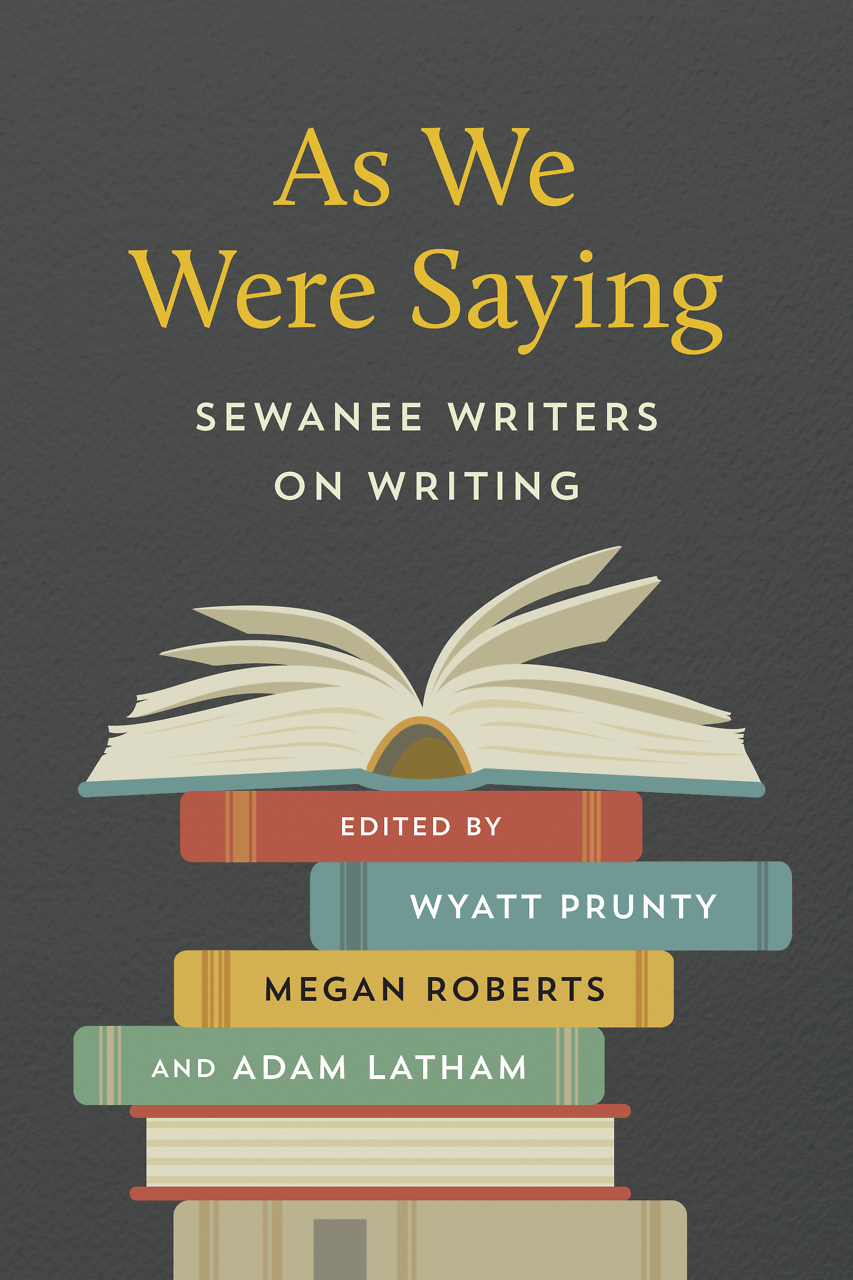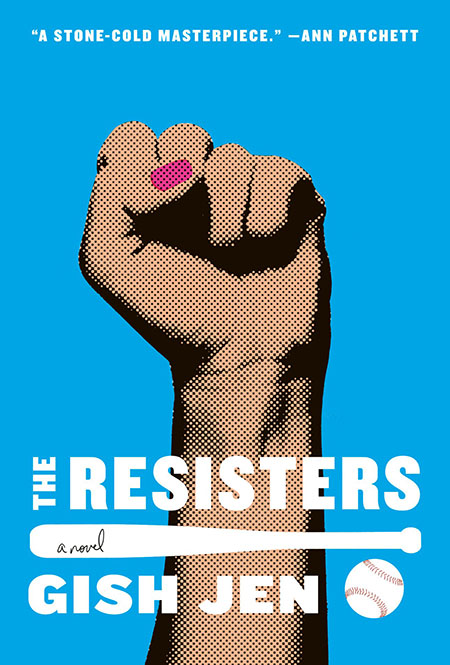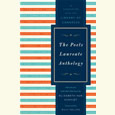A Cape Canaveral of the Soul
Patrick Ryan’s new stories place buoyant, striving characters in a small patch of Florida
The stories in The Dream Life of Astronauts let Patrick Ryan inhabit the interior lives of a cast that includes a nine-year-old boy whose family is imploding, a pregnant high-school student who wants to be Miss America, a gay 16-year-old with a crush on an ex-astronaut, and a thrice-married grandmother on the prowl for romance. Ryan conjures this rich variety of intriguing souls with consummate versatility.
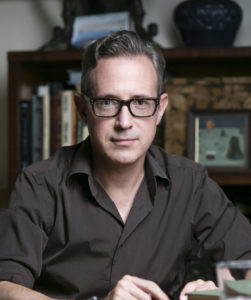 Parents in these stories are careless or inept at best. Whether they are consumed by depression, indifference, or alcohol, their children become hapless bystanders as their households decline. One single mother limits her parental responsibilities to keeping the kitchen stocked with cereal and Triscuits; another makes a point of following a compliment to her daughter with an insult called a “medicine bomb.”
Parents in these stories are careless or inept at best. Whether they are consumed by depression, indifference, or alcohol, their children become hapless bystanders as their households decline. One single mother limits her parental responsibilities to keeping the kitchen stocked with cereal and Triscuits; another makes a point of following a compliment to her daughter with an insult called a “medicine bomb.”
Their young, naturally, have a default lock on cynicism, which is a useful filter for survival in the landscapes Ryan draws for them. The humor is often dark, but that won’t keep you from laughing. “And there are some people—like your mother, for instance—who let every stupid thing happen to them just because there it is, and there they are,” a friend tells the aspiring beauty-pageant contestant.
The mother in question is in the process of cleaning the house of detritus from her second marriage. Her daughter, waiting for a friend to pick her up, worries briefly that a car might hit a box on the curb that contains a discarded wedding portrait: “Then I realize: what difference would it make? And there’s something sad about that, but I don’t have the space in my head to make room for it.” She’s hoping a talent agent—air quotes could accompany that job description—will help her cash in on her beauty; she’s also wondering what to do about her pregnancy.
The first of these nine stories, “The Way She Handles,” begins at night, with a curious nine-year-old spying his father slamming a croquet mallet on the hood of a car parked at his house. His mother, shouting obscenities, emerges from the passenger seat holding a textbook and later tells the boy her night-school teacher was just giving her a ride home. But then she drops the class. “I glimpsed the book’s title in the trashcan—Economics for Daily Consumption—and understood why she wouldn’t want to stay in that kind of class,” he thinks, “but I didn’t know what had made my father so angry.”
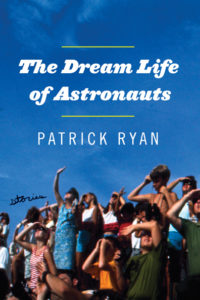 It’s 1973, “the summer of Watergate,” and the boy is reading the Hardy Boys while Congressional hearings are consuming television time, so he’s primed to investigate mysteries and surrounded by clues about the perilous state of his parents’ marriage. He counts the number of cocktails his mother drinks and monitors the nightly arguments. Ryan deftly piles on the quotidian details of a dying union, each partner waiting to nail the other.
It’s 1973, “the summer of Watergate,” and the boy is reading the Hardy Boys while Congressional hearings are consuming television time, so he’s primed to investigate mysteries and surrounded by clues about the perilous state of his parents’ marriage. He counts the number of cocktails his mother drinks and monitors the nightly arguments. Ryan deftly piles on the quotidian details of a dying union, each partner waiting to nail the other.
In the title story, a space-obsessed gay teenager named Frankie (a character from Ryan’s 2006 novel of linked stories, Send Me, who also reappears later in this collection) is smitten by a handsome former astronaut he meets at a library talk. He tells his mother he needs her car to join the man for dinner. “And he doesn’t seem like a felon?” his mother asks. They dine at a restaurant called Pounders, a reference to the fact that diners are weighed before and after their meals to determine how much they pay. (Readers may be tempted to snicker at this name, as Ryan surely intends for them to do.) The ex-astronaut hopes to take advantage of Frankie, but not in a way you suspect.
Ryan’s stories are set in the Cape Canaveral of the late twentieth century, and their atmosphere reflects the somewhat dissipated promise of a previous generation’s race to space. The former astronaut has a signed photo from John Glenn and a formal NASA portrait of himself on his shelves, but he never made it to space and he can no longer get past the guards at the Space Center’s Vehicle Assembly Building.
A story called “Go Fever” begins with the words, “About a month after Challenger blew up, Wendell Troup told me his wife was trying to poison him.” The narrator works for Wendell at NASA in a tedious-sounding thermal-tile-checking job, but he’s entertained by the teetering sanity of his boss—“Wendell was enthusiastic about being at odds with the world,” he says.
As people do when they’re following that well-worn path of least resistance, the characters resort to clichés—an idea will be half-baked, a cat will get someone’s tongue, a man won’t have a dog in the race. They express anxiety with annoying physical tics—the removal of glasses and a distant squint, scrunching the neck into the shoulders. But while the characters sometimes seem like avatars of discontent trapped in a terrarium of the author’s making, the atmosphere in these stories is not oppressive but buoyant and vital, and these fictional people are believably resilient.

Peggy Burch was books editor at The Commercial Appeal in Memphis for ten years, and she also worked as a deputy metro editor and Arts & Entertainment editor for the newspaper. She is a graduate of the Newhouse School of Public Communications at Syracuse University and holds a master’s degree in English literature from the University of Mississippi.
